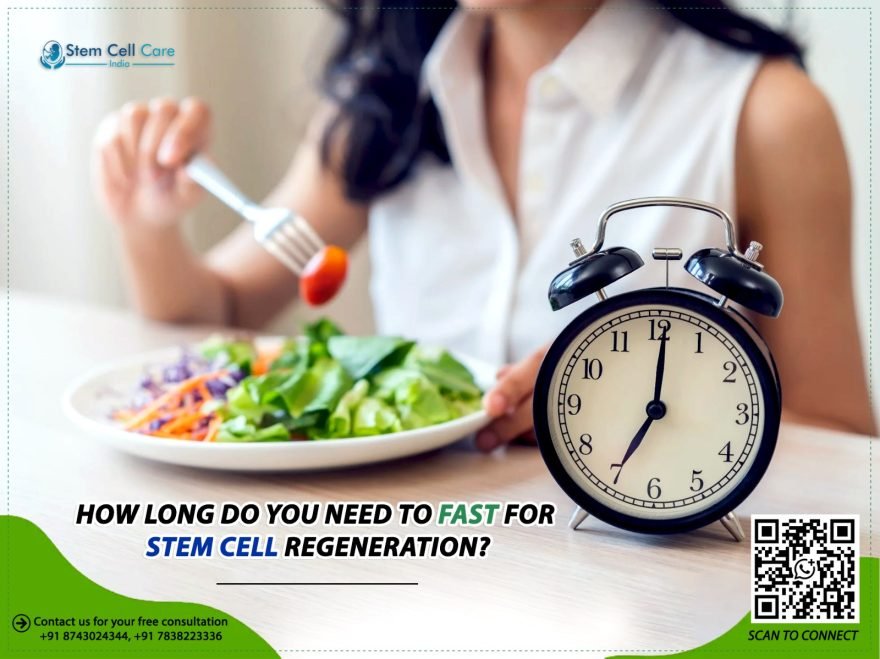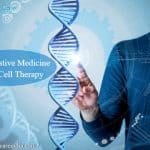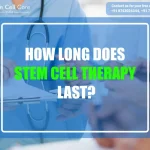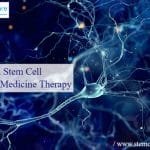Table of Contents
In recent years, fasting is emerging not only as a weight management strategy but also as an intriguing approach to cellular health. One area of increased interest is fasting’s possible role in promoting stem cell regeneration, the repair mechanism that our bodies possess.
Research conducted by institutes and research centers suggests that undertaking more prolonged fasting could activate pathways for three types of stem cells, immune stem cells, intestinal stem cells, and stem cells that are present throughout the body, including as we age. Fasting is not a miracle solution. Instead, it is a complementary practice, not a substitute for professional treatment, as seen in stem cell therapy, particularly for acute, degenerative, or chronic diseases.
So, how long should you fast to trigger stem cell generation, and what is the limit for fasting? Let’s simplify it.
How Fasting Can Impact Stem Cells?
Here are different durations of fasting impacting stem cells:
| Duration of Fasting | Reported Stem Cell Effects | Medical Caution Level |
| 12-16 hours (intermittent) | Mild metabolic reset, autopay begins | Low (generally safe) |
| 24 hours | It enhanced fat burning, early immune response | Medium (may cause fatigue in some) |
| 48-72 hours | Potential activation of immune stem cells, increased repair mode | High (should be medically supervised) |
What’s the Ideal Fasting Time for Stem Cell Regeneration?
For healthy people, fasting between 48 to 72 hours under medical supervision can help active dormant stem cells, especially those involved in immunity and gut repair. However, these long hours of fasting are not suitable for everyone and can be risky if unsupervised.
This is why combining short-term fasting with clinically supported treatments like stem cell therapy can provide a more balanced and effective route, especially for those managing chronic health issues.
What Stem Cell Therapy is a Better Option?
While fasting can support your body’s natural repair functions, it has its limits. If you are dealing with conditions like:
- Autoimmune disorders
- Degenerative joint disease
- Diabetes-related tissue damage
- Neurological conditions like Parkinson’s or MS
- Chronic pain or injury
Then, stem cell therapy provides a more centered, scientifically grounded approach.
Why Consider Stem Cell Therapy?
Stem cell therapy works by differentiating stem cells into healthy tissues and cells in the damaged or inflamed area. These cells can:
- Minimize inflammation
- Replace or repair damaged cells
- Support long-term tissue regeneration
- Enhance mobility and energy in severe conditions
Also, adding fasting to this treatment can spark some of these processes, but therapy makes sure it happens in a controlled, measurable way, without the risk of extended food deprivation.
Key Takeaways Before Attempting a Fast
Here are some advice and cautions to keep in mind:
- Try intermittent fasting for a 12-16 hour range first to see how your body responds.
- Hydrate throughout your fast
- Do not fast if you are underweight or pregnant, or have diabetes (without consulting a doctor first) and are on medications.
- Always check with your doctor if you intend to fast for more than 24 hours.
- You should consider adding your fast to professional stem cell therapy for significant results.
For Consultancy
If you are considering regenerative therapies, then Stem Cell Care India is a reputable place to receive advanced, evidence-based stem cell treatment. Their team will take patients through the entire process, including consultation, treatment planning. They will work with compassion and professionalism.
Regardless of whether you are just beginning your wellness journey or are actively looking for solutions for a specific condition, Stem Cell Care India is happy to explore what stem cell therapy can do for you and whether fasting can be part of your strategy.
The Bottom Line
Opting to do fasting is a potent resource for the body, but it would be more effective when applied supervisely. For genuine, long-term healing, especially in cases of severe or degenerative disease, stem cell therapy tends to be a more immediate and durable solution.







